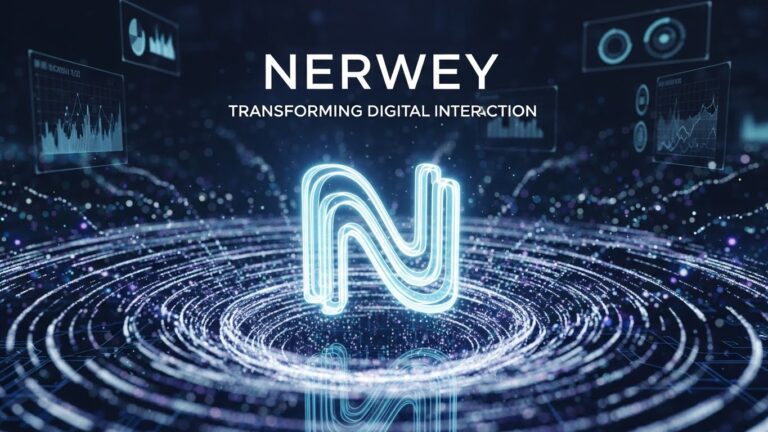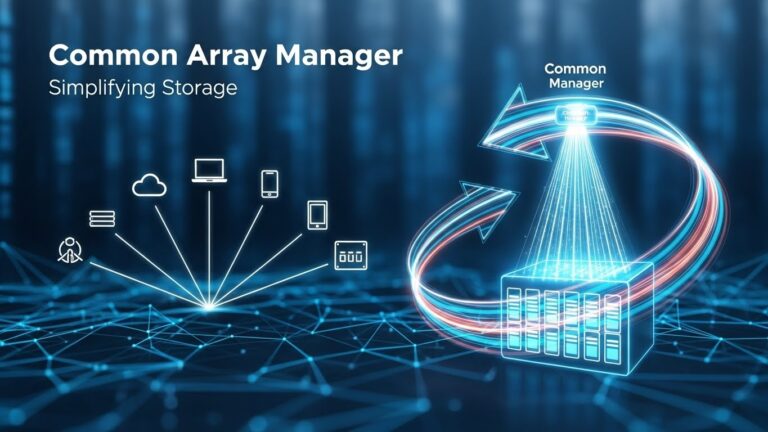
In the world of manga, there’s a vast gap between what’s published in Japan (or in Japanese) and what’s officially translated, licensed, and made available globally. Many series never make it across due to market demand, licensing cost, or publisher priorities. Enter groups like Olympus Scanlation—fan-driven collectives that translate Japanese manga into English for free, focusing particularly on lesser-known or unlicensed works. Though operating in a legal grey zone, these groups play a controversial but potent role in expanding access to stories that might otherwise remain unheard.
What is Olympus Scanlation?
Olympus Scanlation is a non-professional, volunteer-based group whose mission is to bring manga that either isn’t licensed in English or is relatively obscure to readers worldwide. The group undertakes the process of scanning raw Japanese volumes or chapters, translating the Japanese text into English, editing and typesetting, and distributing the resulting chapters online without charge. Because these works are not authorized by the original rights-holders, this is unofficial fan translation—commonly called “scanlation.”
While Olympus Scanlation doesn’t aim to compete with official publishers, its focus is on filling the gaps: titles that may not otherwise receive English translation, or that are stalled, obscure, or historically marginalized. Their audience tends to be manga fans deeply interested in discovery, niche genres, artistic works, or cultural variety beyond mainstream titles.
The Process and Standards
What distinguishes Olympus Scanlation (or what is claimed or believed about them, in fan circles) is their commitment to quality and fidelity. Some of the typical steps in their workflow include:
-
Raw Acquisition
They obtain or scan high-quality source material (raw Japanese pages or scans). The better the raws, the more precise the later work (cleaning, editing). -
Translation
Translators who are fluent or native in Japanese produce a first draft. This translation attempts not just to convert words, but also preserve tone, nuance, character voice, idioms, puns, cultural references, and sometimes sound effects. -
Editing and Proofreading
After the initial translation, editors review for grammar, clarity, flow, consistency. Proofreaders check for errors in translation or typesetting. -
Typesetting and Cleaning / Redrawing
The original Japanese text is removed (from speech bubbles, sometimes from sound effects), new English text is inserted in matching or analogous fonts or styles. If artwork has been obscured by text (which often happens), redrawers restore the underlying artwork. Clean-up removes visual artifacts. -
Quality Control (QC)
Before release, there is often a final sweep: checking for misalignment, typos, formatting issues, mistakes in translation, visual glitches. Olympus Scanlation is generally described as having higher standards in QC compared to many amateur scanlation groups. -
Distribution
Once the chapter is polished, it is shared online, typically via community hubs, forums, scanlation trackers, possibly via their own site or via aggregation platforms. Streams of updates might also happen through Discord or social media to inform readers of new releases.
These steps are carried out by volunteers—translators, editors, proofreaders, redrawers/typesetters—all collaborating in their spare time, often anonymously or pseudonymously.
Ethical and Legal Considerations
Scanlation is legally complicated. In most jurisdictions, reproducing and distributing copyrighted works without permission violates intellectual property laws. Olympus does not hold licenses for the manga they translate, so their activities are technically infringing.
But within the scanlation community, there is often a moral code or self‐imposed boundaries aiming to reduce harm or show respect. Some of the ethical practices commonly attributed to Olympus Scanlation include:
-
Focus on unlicensed works: Only translating and sharing manga that have not been officially translated/licensed in English. Once a series is licensed, Olympus is said to cease distributing their version, or remove it.
-
Non-commercial stance: They do not (or claim not to) monetize their translations. No paid subscriptions, no ad-revenues, no profit motive. The goal is access, not profit.
-
Encouragement of supporting official releases: Readers are often urged to purchase or otherwise support official versions of manga whenever those exist. Olympus may act as a “bridge” until an official version is available.
These practices do not fully resolve legal risk—for Olympus or its users—but they reflect an attempt to balance passion for manga with concerns about creators’ rights.
Why Olympus Matters: Benefits and Influence
Despite the legal ambiguity, groups like Olympus Scanlation provide several significant benefits to the global manga community:
-
Access to Hidden Gems
Many manga works—especially niche genres, older works, or series with small domestic popularity—never get translated into English due to commercial risk. Olympus helps bring those stories to readers who would otherwise never see them. -
Cultural Exchange and Preservation
Beyond plot and characters, manga contains cultural details—social norms, language quirks, regional references—that can be lost in localization or simplification. Olympus’s attention to preserving nuance enriches readers’ understanding of Japanese culture and helps preserve the original flavor of works. -
Fan Community Building
The group fosters strong fan engagement: readers suggest series, give feedback, sometimes participate in translation, proofreading, or other tasks. This creates a participatory culture where fans aren’t just passive consumers but contributors to making content available. -
Market Signals and Interest Generation
When an unlicensed series becomes popular among scanlation readers, that can send signals to publishers: there is interest, a market. Sometimes that helps push a title toward official licensing or translation. -
Literary Appreciation
For many fans, being able to read stories that aren’t “mainstream” or well-publicized is part of what makes manga exciting. Olympus Scanlation contributes to that diversity.
Challenges and Risks
Olympus Scanlation also faces multiple challenges, both internal and external:
-
Legal exposure: Because they distribute copyrighted material without permission, there is always risk of takedown, cease-and-desist orders, or site shutdowns.
-
Volunteering constraints: As a volunteer operation, members must juggle this work with other obligations. Delays, uneven output, or burnout among contributors are common issues.
-
Quality consistency: Even with high standards, maintaining consistent translation quality, typesetting, redrawing, proofreading is hard, especially when the team grows, changes, or works under time pressure.
-
Moral dilemmas: Even with self-imposed ethical rules, there’s tension between the desire to share stories and the rights of authors/publishers. Some fans argue that reading scanlations reduces sales; others feel scanlations spur interest that helps official sales.
-
Technological / piracy backlash: Publishers and licensors increasingly act to protect copyright. Sweep takedowns, DRM controls, and legal enforcement can limit what scanlation groups can do, or force them to operate more covertly.
How Olympus Differs from Other Scanlation Groups
While scanlation is a widespread practice with many groups of varying quality, Olympus is distinguished (in fan discussions) along several lines:
-
Higher standards of translation and editing: Their translations are described as more faithful, more polished, with attention to preserving nuance and tone.
-
Focus on lesser-known or unlicensed titles rather than chasing the most popular series. This can mean slower uptake, but gives value to readers interested in overlooked narratives.
-
Ethical rules such as ceasing work when a series becomes officially licensed, refraining from monetization, encouraging official purchasing.
-
Community involvement: Readers have more say, whether in picking new projects, giving feedback, or possibly volunteering.
-
Transparency: In many reports, Olympus keeps readers informed of progress, delays, corrections, and improves through community input.
The Future: Opportunities & the Evolving Landscape
The manga industry and fan culture are both in flux. Several trends affect groups like Olympus Scanlation:
-
Increasingly faster official global releases: Major publishers and platforms are working to get rights sooner, translate quickly, and stream chapters digitally worldwide. This reduces the gap that scanlators fill—but they may shift their focus to really obscure works not in those pipelines.
-
Better digital access and licensing models: As licensing becomes more flexible, there is potential for more titles to be officially licensed in more regions. That may shrink the domain of “unlicensed manga,” but also raise the bar for scanlators to maintain relevance and respect legal norms.
-
Legal scrutiny & enforcement: Publishers and authors are more aware of scanlation, and may push for stronger enforcement of IP rights, which could threaten groups like Olympus. Some scanlation platforms have been taken down; stricter policies might limit what scanlation groups can do openly.
-
Technological tools: Advances in OCR, automatic translation, AI-assisted editing could help scanlation groups speed up work—but also carry risks of reducing human nuance, translation quality, or increasing errors. Olympus and similar groups will need to balance efficiency and fidelity.
-
Potential for collaboration or legit pathways: In some cases, indie publishers or creators may partner with fan translators or allow dual licensing. There might be ways for fan efforts to feed directly into official ones—or for creators to choose to work with volunteer translators for regions with low commercial viability.
Conclusion
Olympus Scanlation exists at a crossroads between passion and legality, between fandom and the marketplace. On one hand, it is a powerful force for broadening access: to stories, cultures, artistic styles, and narratives that might otherwise be lost or ignored. On the other hand, it raises challenging ethical and legal questions: about creators’ rights, monetization, and how fans interact with the originators of the works they love.
For many manga readers, Olympus provides a lifeline—offering stories unlicensed, forgotten, or underappreciated. For creators and publishers, fans’ choices matter: supporting official licenses when available, purchasing volumes, subscribing to legal services. The ideal, from many perspectives, would be a system where stories aren’t locked behind licensing barriers but creators are fairly compensated, and fans don’t have to resort to grey markets to access the works they treasure.
In the end, Olympus Scanlation stands as more than just a translation group; it is a reflection of a global readership that cares deeply about which stories get told, in which form, and by whom. It’s part of the evolving dialogue over how cultural content flows across borders, what fairness means in creative work, and how fandom can both celebrate and respect original art.







